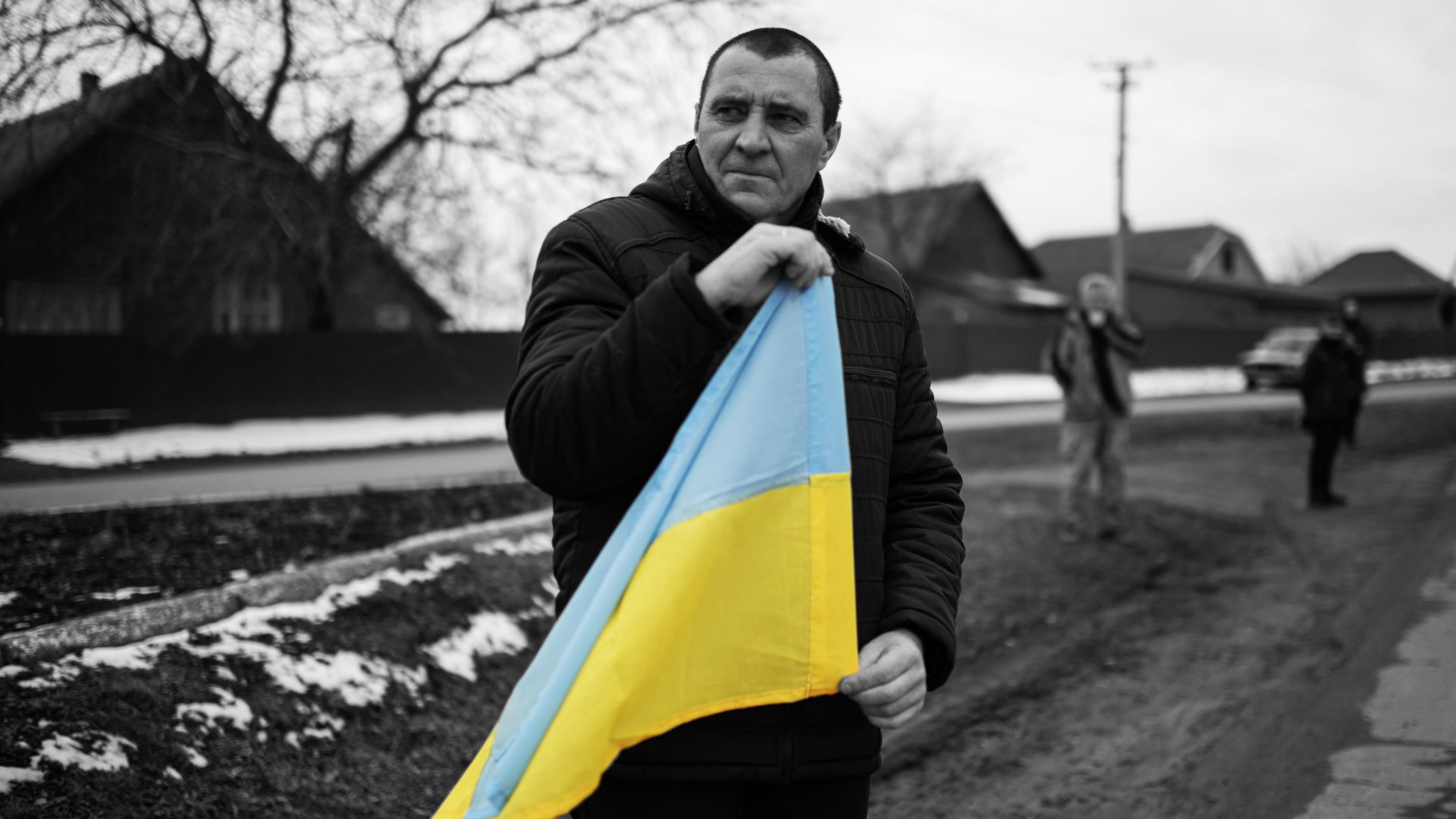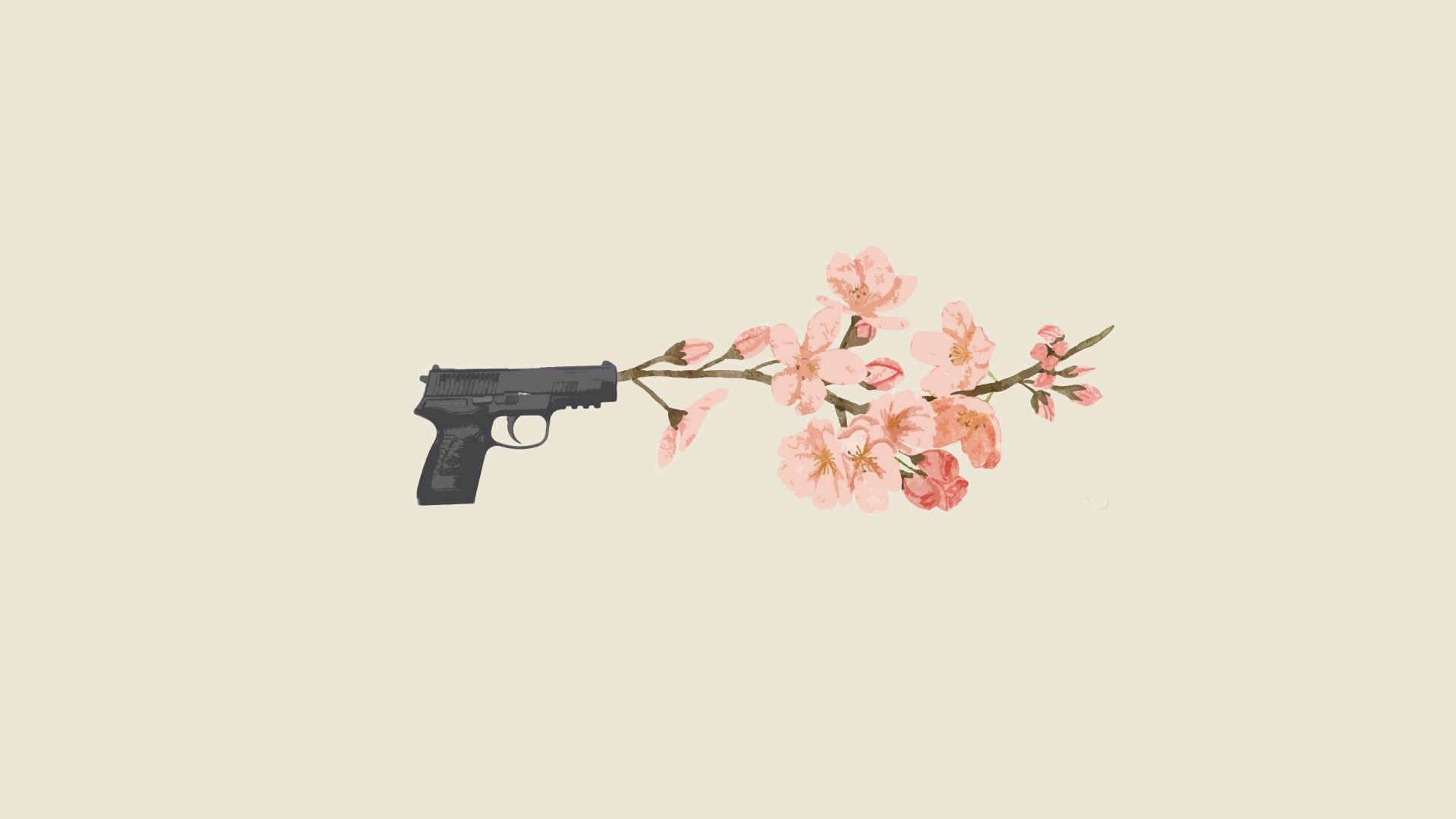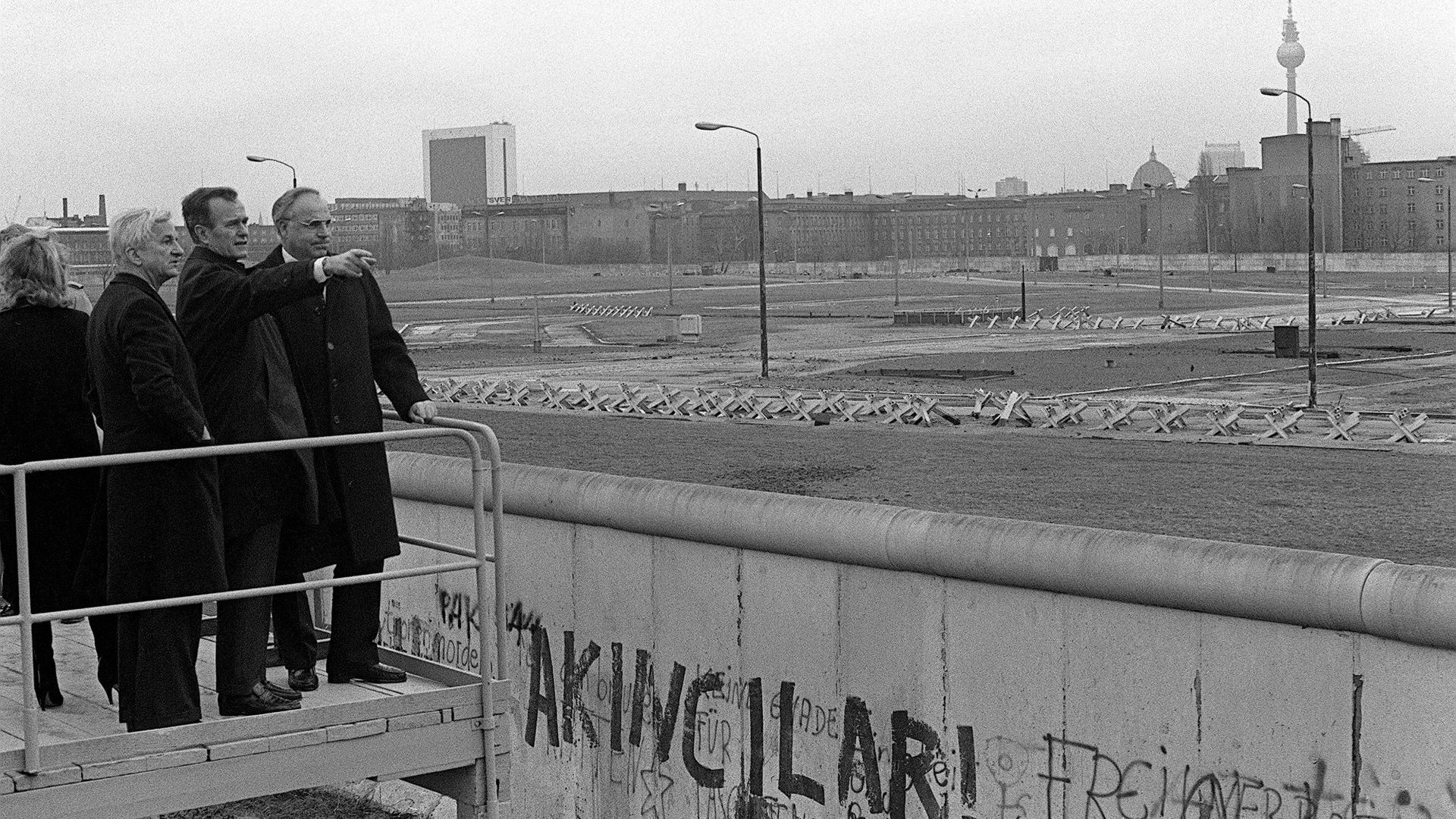After five weeks of fighting, the videos have become formulaic. A breathless soldier creeps through the undergrowth, fires a missile at a tank, and after an agonising few seconds the tank explodes and the off-camera voices cheer. That’s how, yard by yard, the Ukrainian army has begun to take back the wrecked outskirts of Kyiv.
It’s too early to tell whether the tide has turned: the Russian army has reserves of personnel and firepower and the ground will soon be hard enough for the tanks to roll across it. But one thing is clear: however mobile the front line remains, Ukrainian national consciousness has solidified.
Questions like “will they give up without a fight?”, “will a puppet government emerge?”, “will Russian speakers greet Putin’s troops like liberators?” are already answered in the negative.
Via TikTok and Telegram, the Ukrainian people are telling a coherent story, not just to the world but to each other, about the kind of people they want to be. Attacked by the most powerful army on earth, they did not fall into fatalism and despair; nor did their political elites surrender; nor has a significant class of collaborators emerged.
Instead, they issued cheerful videos of defiance, each of which has become part of the iconography of the new Ukrainian consciousness: the one where the defenders of Snake Island tell the Russian warship “go f**k yourself”; the one where a woman throws a Molotov from a speeding car, engulfing an armoured personnel carrier in flames; the one where a girl sings the national anthem to frightened people sheltering in the underground.
So what’s happening in Ukraine is the emergence of a networked national consciousness. It is – especially among the young and western-orientated – democratic-minded and defiant. It’s a reminder that, though the territorial boundaries of nation states are fixed under international law, the actual consciousness of nations and peoples is still highly malleable, especially in a highly networked society.
What it means to be Ukrainian has changed massively in less than a decade. And the same can go for other peoples, and other countries.
I’ve been wondering how our own patchwork of national consciousness will react to the new global insecurity. The increased nature of the threat is clear: we face a nuclear-armed power determined to divide the West; to divide our societies and to undermine our democracies.
Faced with that, all the nationalisms in play in the UK face challenges. If the SNP – as looks likely – goes ahead with the plan for a new independence referendum in October 2023, what story will it tell about security? Since the preferred destination of Russian nuclear bombers buzzing the UK is Scotland, can Nicola Sturgeon’s party leave open in any way the question of Nato membership, acceptance of its nuclear umbrella, or Scotland’s place in the EU?
There are some within Scottish nationalism, both on the left and right, for whom the whole purpose of independence was to close Faslane, get out of Nato and shut down the defence industry. Can that sentiment, no matter how well-intentioned, really form part of a Scottish national consciousness in the face of Putin’s aggression?
Irish nationalism, too, stands at a turning point. Northern Ireland sits on the other side of a trade border drawn by Boris Johnson through the Irish Sea. Long term, say Republican politicians, both Westminster and Brussels need to get used to the idea that the longpromised referendum on a United Ireland is coming.
But how does Irish constitutional nationalism, and indeed republicanism itself, respond to the increased likelihood of a United Ireland: what kind of an offer can it make to parts of the Unionist community moving away from sectarian politics? What symbolism has to go; what new stories have to be incorporated?
And what about English nationalism? The census data is now 10 years old, but the emergence of an “English, not British” identity among working-class white people in England, while ethnic minorities and the big city salariat cling to Britishness is, anecdotally, still progressing.
Ukraine’s history shows that the emergence of a strong, unifying national identity among an ethnically, linguistically and religiously divided people can happen rapidly, when under threat.
I don’t think we’re going to get a spontaneous revival of “Britishness” anytime soon – that is, a strong British national consciousness that replaces the vibrant Welsh, Scottish, English, Irish and Unionist identities.
What we can hope for is a political leadership that tells a story of how these aspirations fit together.
In Kyiv, just before the bombs started falling, I was taken to a kitsch upmarket “Ukrainian” restaurant: the highlight was a floor show performed by three men in folk costumes – a Cossack, a Poltavan and a Carpathian. It was meant to symbolise unity in diversity – but it was so bad it was funny.
Much of what the British political class has come up with in the past 20 years resembles that three-man performance – from Gordon Brown’s “Britishness” speech to Johnson’s Festival of Brexit. The real story of how we, the English, Scots, Welsh, Irish and self-identified Brits form a united nation will have to be improvised from below.
The task of politicians is to listen: to hear the fragments of a progressive and unifying narrative that emerge from our conflicting national, ethnic and religious identities; to understand their value and to amplify them.
Because, as Ukraine is teaching the rest of the world, having a unifying national consciousness, a patriotism imbued with the values of democracy, openness and the rule of law is – in an age of monsters – an invaluable asset.




